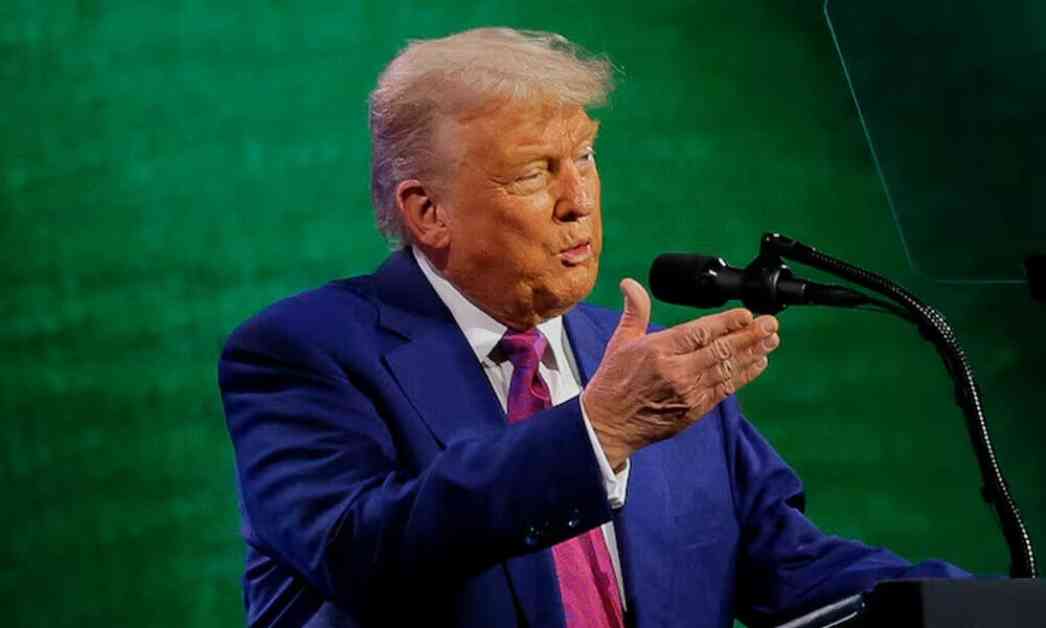United States President Donald Trump recently made some interesting remarks during an interview with Fox News. He claimed that his intervention helped prevent a nuclear conflict between India and Pakistan. The interview took place during Trump’s attendance at the Saudi-U.S. Investment Forum in Riyadh, Saudi Arabia on May 13, 2025.
Trump described the situation between the two nuclear-armed neighbors as dangerously close to a nuclear war. He mentioned that missiles were being fired, retaliation was underway, and both sides were escalating rapidly. The president credited his administration’s behind-the-scenes diplomacy for halting the crisis and emphasized the importance of engaging both countries through trade as part of his peace-building strategy.
The president expressed his desire to expand bilateral trade with Pakistan, referring to Pakistanis as “brilliant people” who make incredible products. Despite positive relations, Trump noted that trade between the US and Pakistan remains limited. He also criticized India’s economic policies, calling it “the country with the highest tariffs in the world,” but acknowledged India’s willingness to reduce tariffs in trade dealings with the US.
Reflecting on the danger of the standoff, Trump described the escalation as dangerously close to a nuclear exchange. He emphasized the significance of his diplomatic efforts in averting a global catastrophe and using trade as a tool for peace. The president portrayed himself as a leader who delivers results, working towards world peace and economic progress through diplomatic interventions and economic engagements.
The latest escalation between Pakistan and India began with an attack in the IIOJK resort town of Pahalgam on April 22, resulting in India blaming Pakistan for the incident. In response, India took hostile actions, including suspending the Indus Waters Treaty, canceling visas for Pakistani citizens, and reducing diplomatic staff at each other’s embassies. Pakistan strongly rejected the accusations, leading to reciprocal measures such as halting trade with India and closing Pakistani airspace to Indian aircraft.
Tensions escalated further with missile strikes hitting cities in Punjab and Azad Jammu and Kashmir, resulting in civilian casualties. Both countries engaged in military responses, with Pakistan downing Indian warplanes and launching Operation Bunyan-un-Marsoos in retaliation. However, a ceasefire was eventually reached following intense diplomatic efforts, with confirmation from both Pakistan’s Foreign Minister and the Indian foreign secretary.
In conclusion, Trump’s diplomatic efforts and emphasis on trade as a tool for peace played a crucial role in preventing a nuclear conflict between India and Pakistan. The situation highlights the delicate balance of power in the region and underscores the importance of diplomatic interventions in averting potential disasters.









